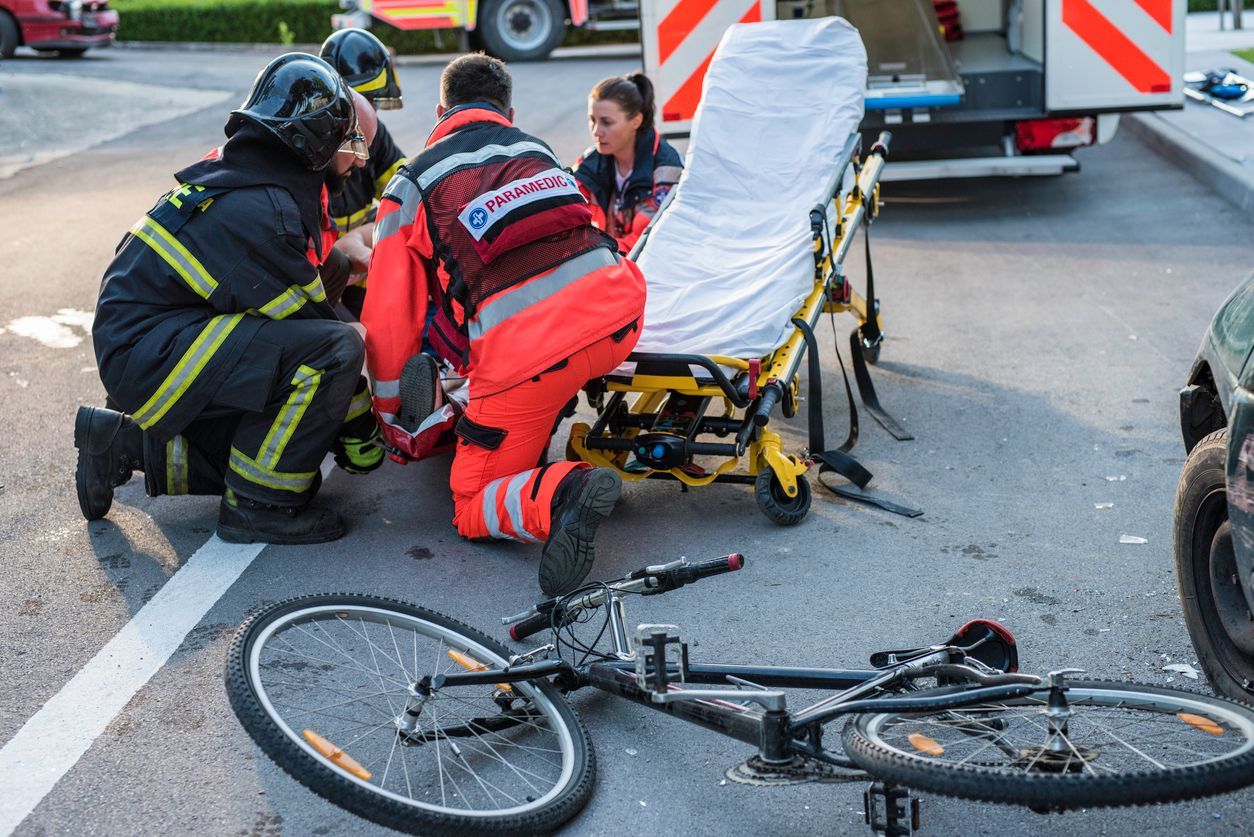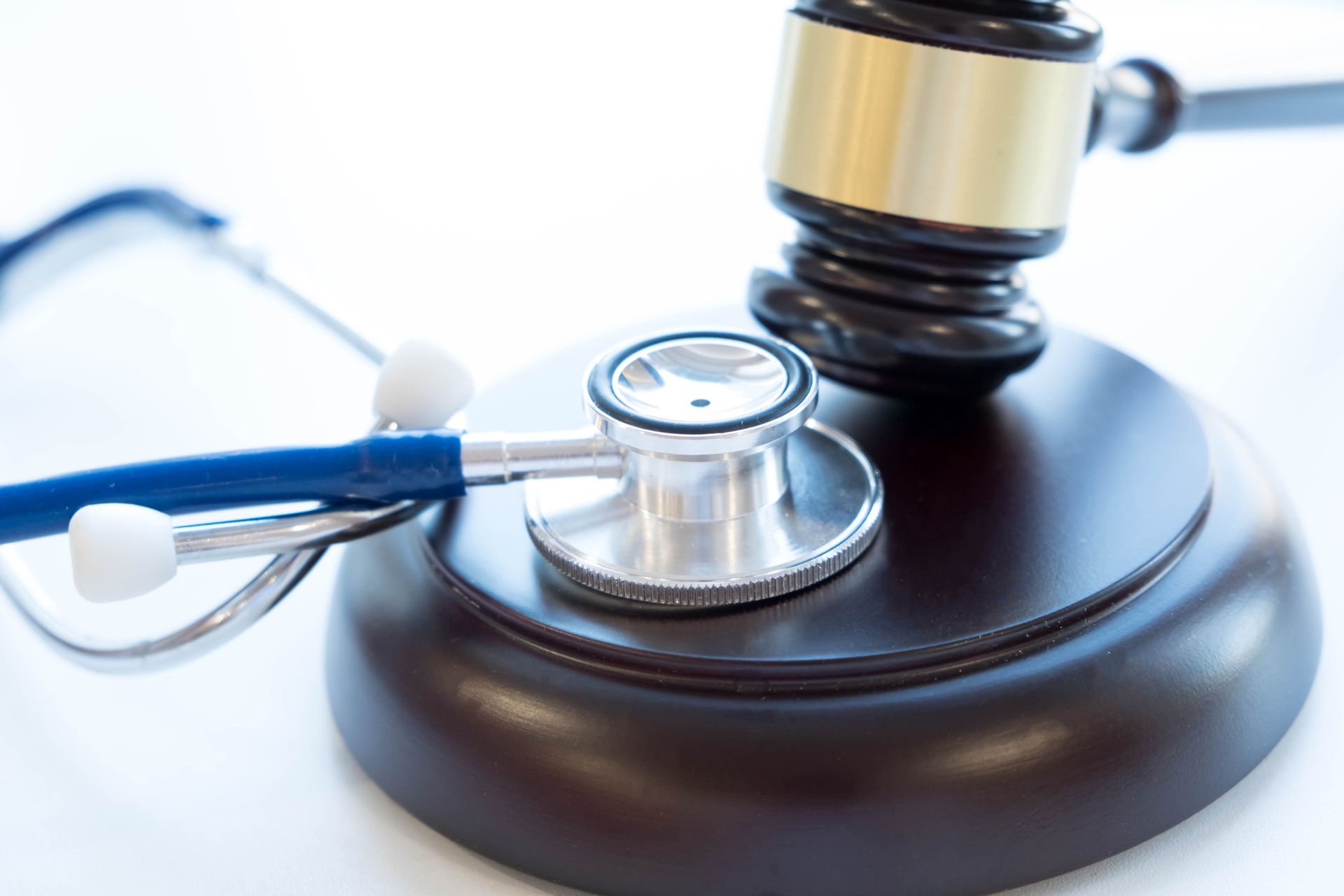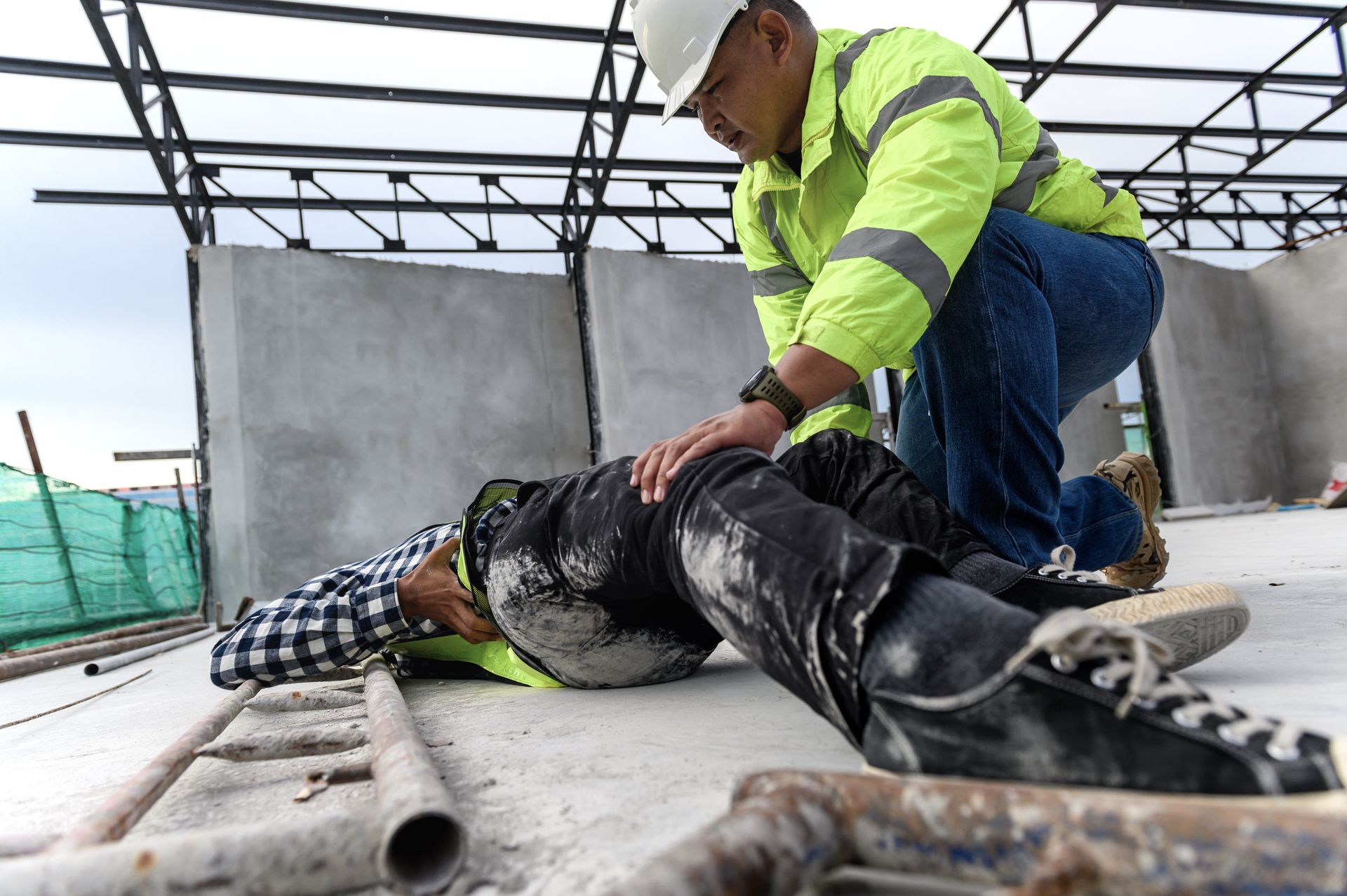What Happens If My Personal Injury Claim Goes To Court?
When Personal Injury Cases Go to Court: What You Need to Know
If you are dealing with an injury from an accident — such as a workplace accident or car accident, you may want to contact a personal injury attorney. An attorney can help you file a claim against the party or parties who may be at fault.
Filing this legal claim will open up the opportunity for you to receive compensation. This compensation could help to cover a variety of costs you have incurred:
- Damage to property
- Medical treatment and hospitalization
- Loss of wages from missing work
- Other pain and suffering
In many cases, insurance companies settle personal injury cases and lawsuits out of court. However, out-of-court settlements are not the only potential outcomes.
Several cases do eventually wind up going to court for trial. A few of the most common reasons include the following:
-
The attorney for the defendant believes that they will win the case. - A plaintiff may want to publicly display the defendant's negligence without them having the option to conceal wrongdoing through a settlement.
- The defendant wants to contest the amount of money at stake for the personal injury claim.
- The defendant’s insurance company does not want to set a standard or precedent for the particular details of a case.
- The seriousness of your injuries, recovery time, and how much it affects your ability to work.
- Your family scenario, age, and other personal aspects.
If you find yourself in this situation, it is important to understand what you need to do — and what you should expect regarding your claim. Below is a breakdown of all the typical elements you will see in the trial process.
From Jury Selection to Trial Start
If cases wind up in court, each one will proceed through several steps from beginning to end.
Sometimes, a jury selection may take place to hear and decide your case. A jury is typically 12 or fewer individuals initially screened by a judge.
The judge asks each juror questions relative to the case to help understand their personal beliefs and potential biases. This helps produce a jury that is as impartial as possible regarding the specifics of your case.
Once the jury is finalized, the case can move to the trial. Personal injury trials usually get started with opening statements from both the prosecution and defense.
Each side is provided with a set amount of time to support their legal claims in the case. You will often see the personal injury attorneys going first in this process as they are tasked with demonstrating the burden of truth (and fault) against the other party.
What the Burden of Proof Is All About
The success of a personal injury claim hinges on a claimant's ability to clearly and indisputably demonstrate the burden of truth about who is at fault for an accident. The burden of proof relates to two separate but important components:
- Burden of Production
- Burden of Persuasion
Remember the idea of “innocent until proven guilty” to understand what these two components mean. This is what your personal injury attorney is tasked with doing in the trial.
The defendant is typically presumed innocent at the start of a trial. It is your personal injury attorney who must produce the evidence needed to show that the party is at-fault for an accident. Enough evidence provided through the burden of production achieves the burden of persuasion to convince a judge and jury of liability.
Achieving this burden of proof often starts with your personal injury attorney calling witnesses. These witnesses testify about what they have seen to corroborate other evidence presented throughout the trial.
Witnesses are sometimes people who were present at the time of the accident. They also could be professionals who can back up other evidence presented by your attorney:
- Doctors
- Medical professionals
- Financial experts
- Forensics or scene recreation experts
The Final Stages of the Court Process
When all of your evidence is presented, the defense then gets a chance to present their case and show counter-evidence related to the incident. Then, the defense proceeds much like the claimant's with evidence, witnesses, experts, and documents in support of their own argument.
After both sides have presented their cases, the opposite sides can then cross-examine witnesses to clarify issues, strike doubt into testimony, and attempt to strengthen their claims.
The final element of a trial occurs when each side presents its closing arguments. Both your personal injury attorney and the defense each have the chance to offer last words in an attempt to persuade the jury.
The arguments come down to the basic aspect of persuasion. Did the prosecution provide enough evidence to overcome the burden of proof and convince the jury of fault? Or did the defense's counter-evidence cast enough doubt into the argument meant to find the defendant at fault?
From this point, the jury then deliberates the evidence and makes a decision on the conclusion. You will often see the jury deliberate fairly quickly in personal injury cases. However, sometimes the case could take several days or more of deliberation before a decision is made.
Once the verdict is reached, it is given to the judge and then read to everyone in the courtroom.
The Value of a Personal Injury Attorney
Hopefully, this basic breakdown of the trial process can put your mind at ease. Usually, you can expect the trial to occur as it was described here. Yet the court process does not always move forward so predictably.
For example, you may be called on the stand by the defense to serve as a witness in your own case. As stressful as this seems, you can prepare for this option ahead of time.
There are all sorts of factors impacting how a case will play out. This is why it is so important to get in touch with a personal experience attorney. Their knowledge and experience will prepare you for the trial process — no matter what the case may entail.

















